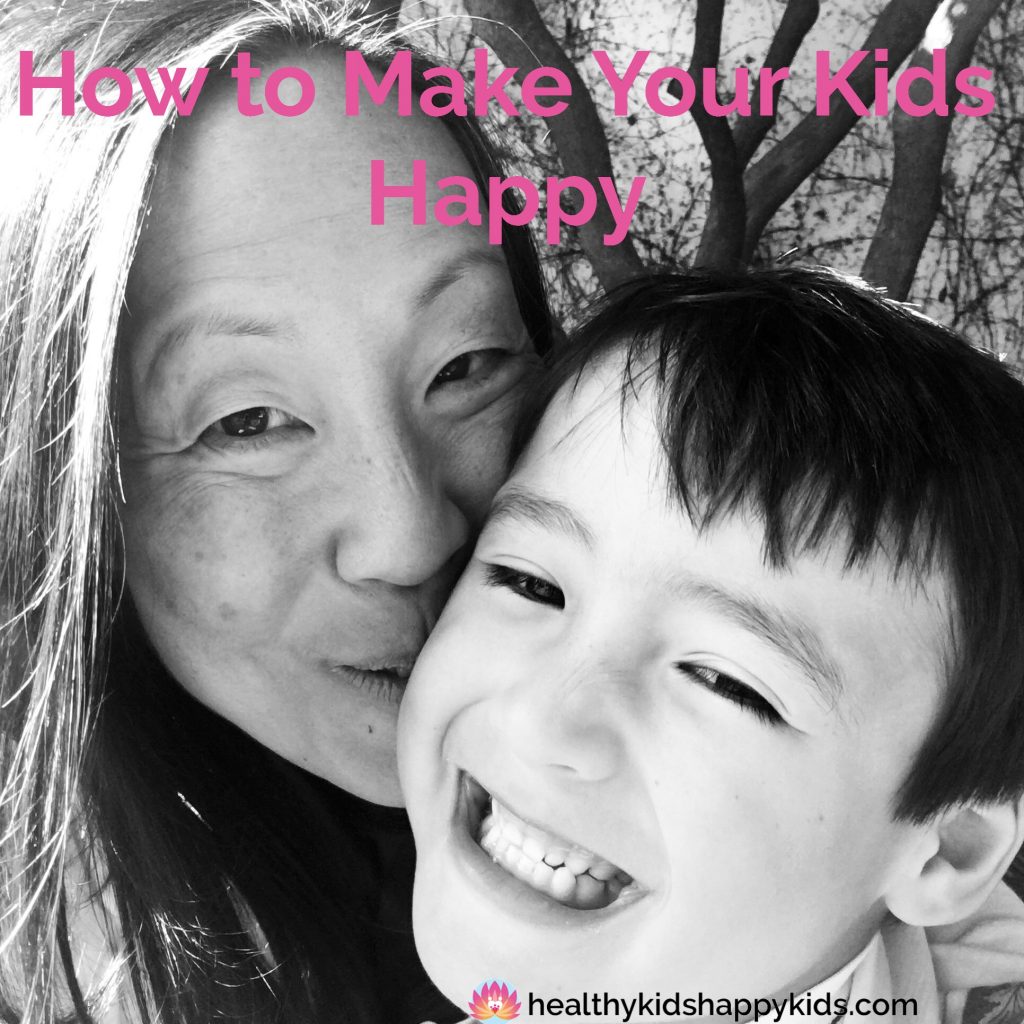
During this holiday season, we as parents are consumed with one thought – “How do I make my kids happy?” What gift will be so perfect that it will light up their little faces with sheer happiness and joy?
And it doesn’t help that books, website, and blogs abound on how to be happy. On how to raise happy kids. Look at these alluring titles:
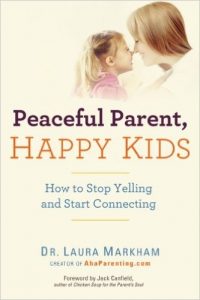
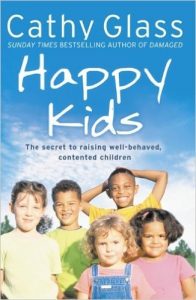
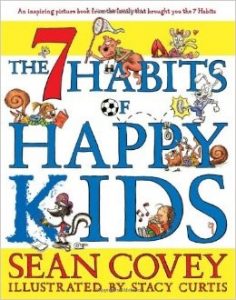
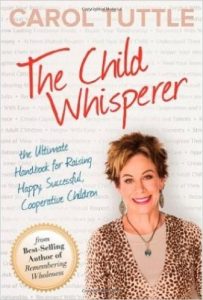
A quick search on Amazon.com using the phrase “How to be Happy” pulled up a mere 243,607 books. Who doesn’t want to be happy? Who doesn’t want their kids to be happy? But HOW???
Have you ever given your child what you think is the most awesome gift ever, only to have them look around and ask, “Is that it?”
Have you ever been to a party with some of your best friends, drunk the most amazing wine, eaten the most decadent food, laughed all night long sharing hilarious stories about previous or upcoming exploits, only to come home and feel, well, less than “happy?” Have you had vague feelings of dissatisfaction, like something was missing?
Why does it seem so difficult to just be happy?
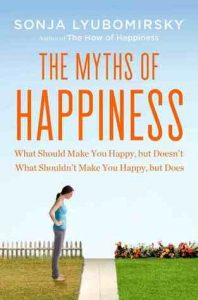 Sonya Lyubormirsky explores the “myth” of happiness that we have all bought into – that our lives should be constantly filled with euphoric, exuberant moments. But once the adrenaline rush of marrying our perfect partner, landing that dream job, or giving birth to that beautiful baby is over – then what?
Sonya Lyubormirsky explores the “myth” of happiness that we have all bought into – that our lives should be constantly filled with euphoric, exuberant moments. But once the adrenaline rush of marrying our perfect partner, landing that dream job, or giving birth to that beautiful baby is over – then what?
Why aren’t you more happy? If you can’t find happiness, how can you help your kids find it? The real question is – what is true happiness, and how do we create it?
For many of us, our idea of happiness lies in the notion of “Hedonic happiness” – the simple attainment of pleasure and the avoidance of pain. We seek out things and activities that will make us feel happy. This is the “rush”, the “high”, the euphoria that we all feel at times. But should the pursuit of pure pleasure really be our ultimate goal? Should this be the way our kids define their happiness?
Another concept of happiness has emerged called “Eudaimonic happiness.” Eu-dai- what???
Eudaimonism
Eudaimonism comes from the Greek word Eudaimonia, which means “happiness”, or more specifically “human flourishing.”
Eudaimonism encompasses the pursuit of meaning in our lives. That there is something more out there than the pursuit of pure pleasure. It involves the continuous pursuit of personal growth and self-realization as a means to well-being. It is in the pursuit of our human potential that we create our own happiness.
Studies have shown that people who pursue hedonic activities report themselves as “happier” in the short run than those who pursue eudaimonic goals. On the other hand, in the long run, those who lead a more eudaimonic existence by working on developing their full potential and constantly bettering themselves, ended up being more satisfied with their lives.
Eudaimonism sounds great, doesn’t it? So why wouldn’t we all live a eudaimonic life?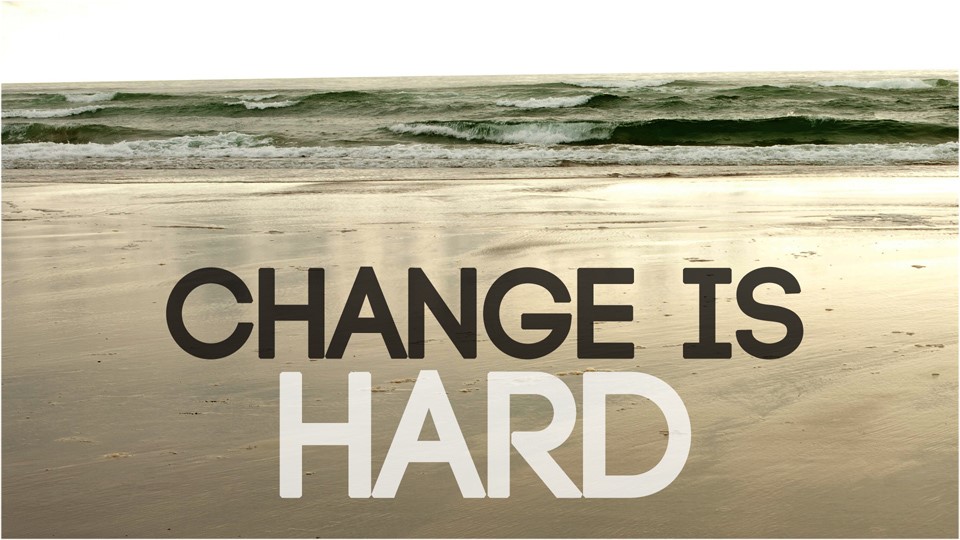
Personal growth is HARD. Overcoming challenges and barriers, both external and internal, and making personal life changes are NOT always experienced as positive. Sometimes you just have to suck it up, do your best, keep your eyes on the prize, and follow your dreams. When we pursue our goals and find meaning in our lives, we practice transcendence. Transcendence is the dedication and commitment to something or someone other than ourselves. And it is in transcendence that we find true well-being. As parents, we practice transcendence every moment of every day of our lives. But don’t fool yourselves, it’s HARD!
But, it’s worth it! Our body actually responds differently at a cellular level depending on which kind of happiness we pursue. A study by Fredrickson, et al in 2013 from the Proceedings of the National Academy of Sciences found that while we might think we feel the same when we pursue hedonic versus eudaimonic happiness, our body experiences these two states very differently.
When we’re stressed, we have an increase in our “stress-related conserved transcriptional response to adversity” (CTRA). In essence, when we’re stressed, our cells turn on genes that create inflammation and reduce our ability to fight viral infections. Stress = Inflammation. This might have been fine in caveman days when we needed to keep bacterial infections at bay after getting scratched by a saber-toothed tiger. But, chronic activation of our CRTA from chronic psychological stress has been implicated as an underlying factor in the rapid rise of chronic inflammatory diseases, including heart disease, cancers, autoimmune illness and neurodegenerative illnesses like Alzheimer’s.
Stress = Inflammation = Chronic Disease
What these researchers found next was shocking. Those people who pursued hedonic happiness showed the same increase in stress-induced immune responses (CTRA), with more inflammation and decreased immune protection against viruses, as those people who were highly stressed. Hedonism increased inflammation and weakened our immune system in the same way as psychological stress! So simply pursuing hedonic pleasure could actually contribute to chronic inflammation and chronic disease.
Hedonism = Physiologic Stress = Inflammation = Chronic Disease
On the other hand, those people who pursued eudaimonic happiness showed decreased physiologic stress responses (CTRA), with decreased inflammation and improved ability to fight viral infections. Eudaimonism actually strengthened their immune systems.
Eudaimonism = Less Physiologic Stress = Stronger Immune System = Healthier YOU!
Eudaimonic living is good for our bodies and our minds!
We all need a certain amount of hedonism in our lives. Children by nature are hedonic beings. So go ahead – get them that awesome gift and watch their faces light up! A Lego Ninjago set for Bodi and Heely roller shoes for Kenzi are waiting in my Amazon cart!
There is nothing wrong with the pursuit of pleasure. But life is not just about the “rush.” Our eudaimonic goal as parents should be to foster a drive for personal growth and sense of purpose in our children. Our job is not to “make” our kids happy, but to help them learn how to create their own happiness by finding meaning in their lives.
So as we head full force into this holiday season and think about how to make our kids happy:
How will you help your children find meaning in their lives and create their own happiness?
Well I will really appreciate reading all this because I like the divergent thinking!
That said, not to play devils advocate, but my job is not to make my kids happy!
My job as a parent is to love my child, to set rules, to be his executive functions until his mature, provide education and other important basics, and hopefully help him/her become a resilient adult, as well as person Who is introspective, self reflective and confident in his own skin (identity.)
Hopefully, that will enable my children to become take ownership for their own happiness.
Wonderful article , very informative and applicable with health related issues especially chronic illnesses.
Thank you, Dr. Geeti! I so appreciate it!
Great posting and conclusion that counters the title:
“Our eudaimonic goal as parents should be to foster a drive for personal growth and sense of purpose in our children. Our job is not to “make” our kids happy, but to help them learn how to create their own happiness by finding meaning in their lives.”
Basically, like the philosophy I espouse to as a parent – “Give a Man a Fish, and You Feed Him for a Day. Teach a Man To Fish, and You Feed Him for a Lifetime”
Thanks, Lisane! 😉
Absolutely Dr.Song,
How important to help our kids find purpose and meaning for their exsistence.Help them see their talents and nourish them.Hopefully they will understand they influence the world they are in.
Funny that you say we don’t need to make them happy.But my husband is always asking the kids “are you happy?” They always say yes under their breath.But I wonder if they really are or just pleasing him.
As I’m getting older I realize I’m not happy.And there is no one that can give this happiness.The happiness comes from what I perceive within and I’m the only one who can change that.
Yes this is an important lesson we need to give them because life will not always be fair and how we go thru that journey can end up lemons or lemonade and growing us.
Thanks for these words.
Yes, Leila! Happiness definitely comes from within! Helping our children reach within for their happiness and not look to external “things” or “people” for their happiness is so important! You’re so welcome! <3